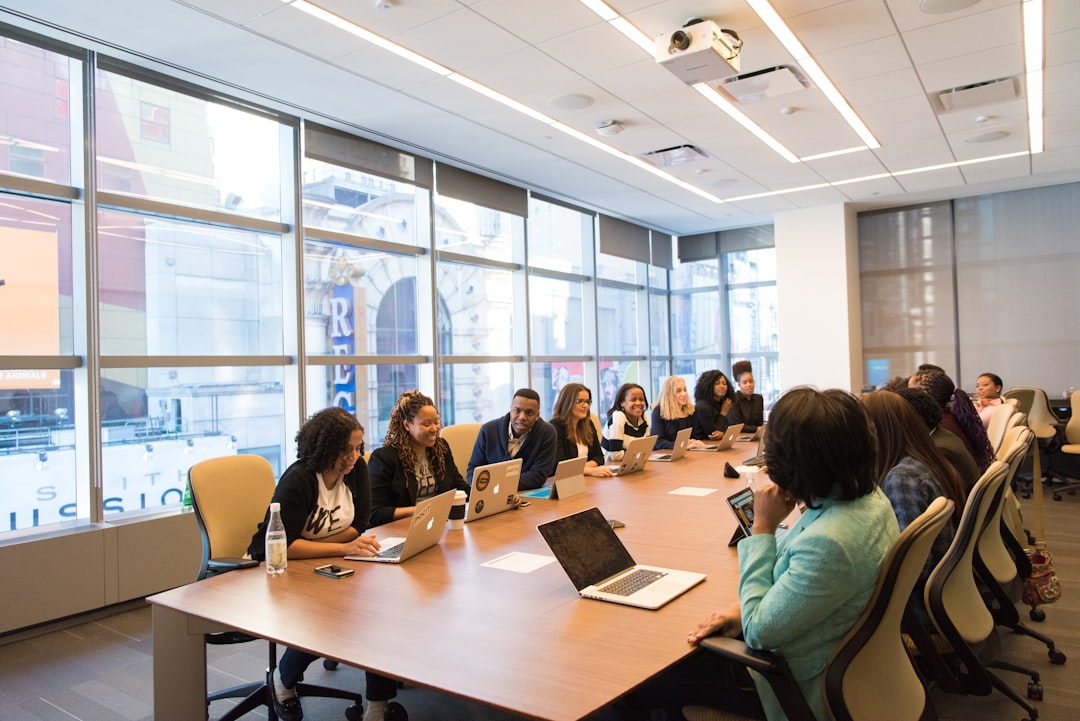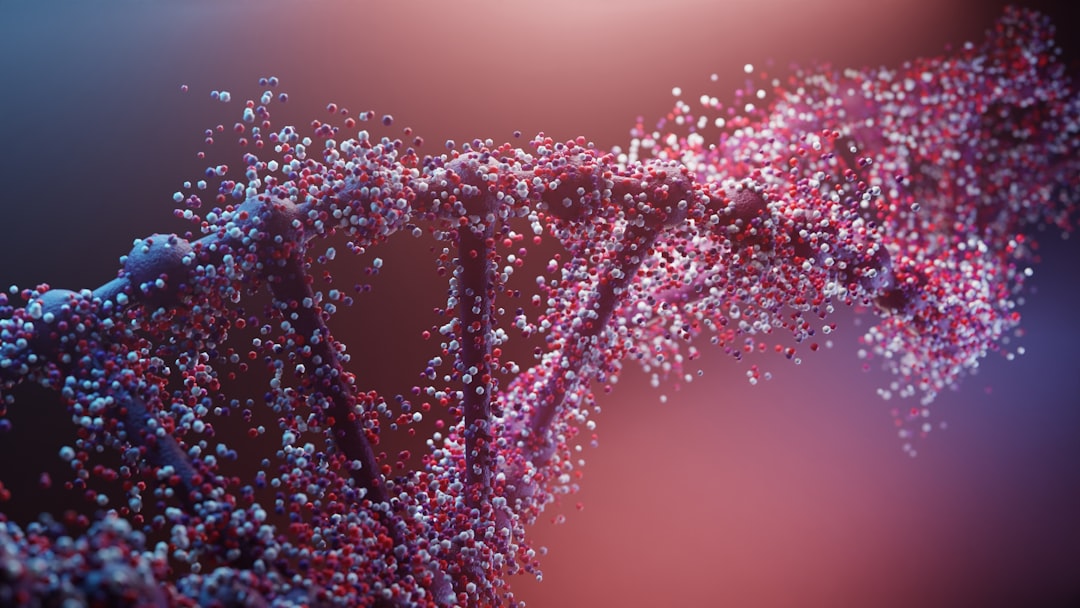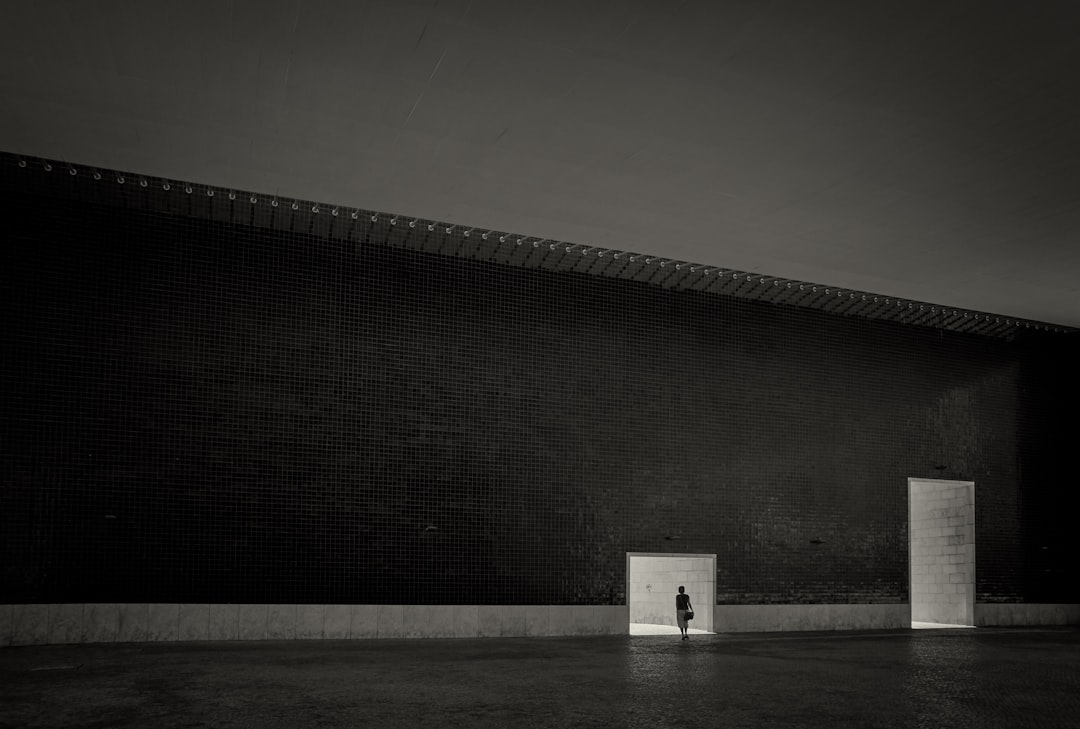
The goal is not unanimity, but a process that surfaces assumptions, documents disagreement, and allows decisions to evolve with evidence

The goal is not unanimity, but a process that surfaces assumptions, documents disagreement, and allows decisions to evolve with evidence

The central principle is simple: governance intensity should scale with risk, not with rhetoric

When governance moves slower than system behavior, even well‑intentioned designs become dangerous

Synthetic Eden is currently top 20 on Amazon's Genetic Engineering Sci-Fi list, so we're running a $0.00 deal to thank you. Join the experiment.

Accelerationists vs. catastrophists in the decade defining convergence

Proportionality is how complex societies remain functional in the presence of uncertainty

A TCIP Primer and Roadmap for 2026

Closing reflections on the series and the world that birthed it

How the third chapter in the Echoes of Tomorrow series turns the mirror back on creation itself—and what happens when our technologies start reminding us who made them.

The coming age of scientific superintelligence and the technologies that will make it possible

On the launch of Book 2 in the Echoes of Tomorrow series — and why storytelling belongs in the rooms where we decide the future of technology.